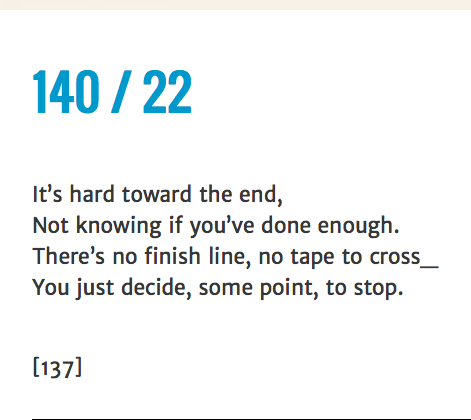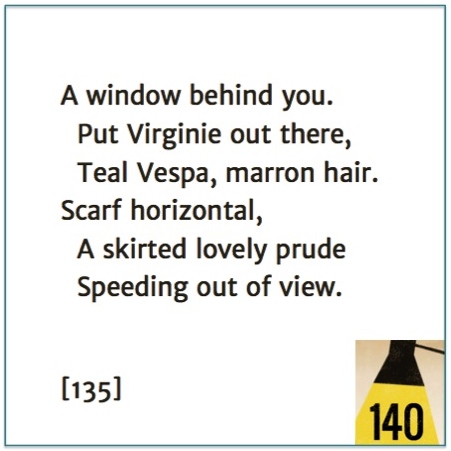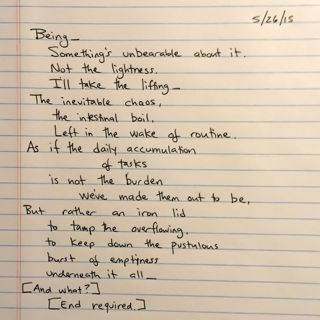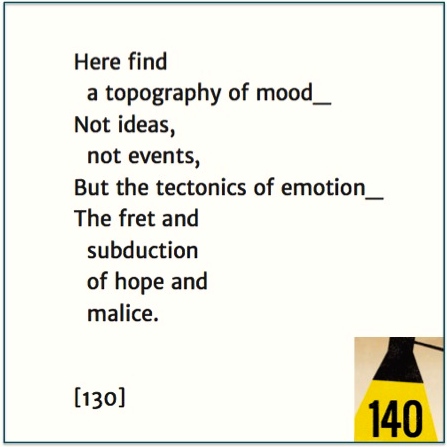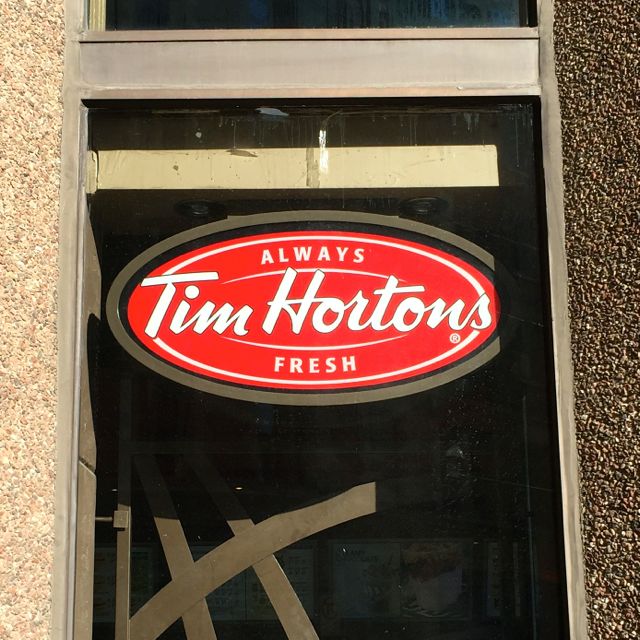She used to say “worsh” instead of “wash.” She was big and gray and wore house dresses that smelled of stale cigarettes, and when I got home from school I could smell her in the house in the place where she folded laundry—in front of the TV, watching her shows.
She is dead now and I never think of her anymore—or, now I have. Her name was Theda Ruby.
We played under the porch of her house, in the dirt. I found these old Matchbox cars and Star Wars figures buried in the dirt, left there maybe by the older boys, before the booze and spoilation. On the porch, Theda’s husband Jim doubled over in one of those sawing fits of coughing we could hear a half a mile away.
Theda folded my underwear to feed him.
There was a story about how Jim lost his license. He rode the mower to the bar at the bottom of the hill. I don’t know if it was true, but it seemed like it. Their hope was real, but more so the complications. They were like figures caught in the dirt of generations, waiting to be unburied.

